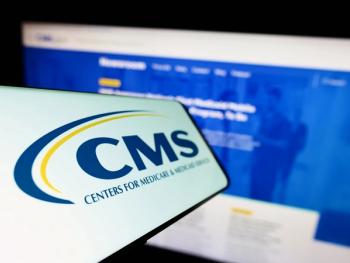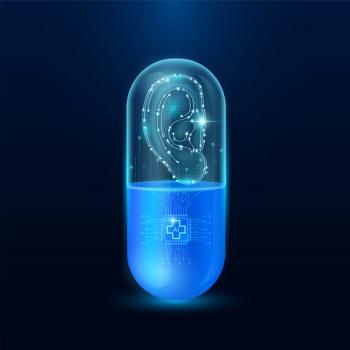
Verve’s One-Time Gene Editor Cuts LDL by Nearly 70% in Early Trial
A phase 1b showed promising results in lowering LDL in patients with heterozygous familial hypercholesterolemia and/or premature coronary artery disease.
A one-time gene editing treatment by Verve Therapeutics reduced low-density lipoprotein (LDL) cholesterol by nearly 70% in patients with inherited or premature cardiovascular disease, according to early clinical trial results released this week.
In the phase 1b Heart-2 trial, a single intravenous infusion of VERVE-102 led to a mean LDL reduction of 53% among patients receiving the highest dose, with the maximum individual reduction reaching 69%, the company said in a
“Despite existing treatments to lower LDL-C, atherosclerotic cardiovascular disease (ASCVD) remains the most frequent cause of death worldwide,” said Eugene Braunwald, M.D., Distinguished Hersey Professor of Medicine at Harvard Medical School and founding chairman, TIMI Study Group, Brigham and Women’s Hospital, in the Verve news release. “VERVE-102 holds great promise to transform the care of ASCVD and move that care from daily pills or intermittent injections over decades to a one dose future for sustained LDL-C lowering.”
The trial enrolled 14 participants with heterozygous familial hypercholesterolemia (HeFH) and/or premature coronary artery disease (CAD), both of which can lead to early, aggressive plaque buildup in arteries. All participants had completed at least 28 days of follow-up by the March 13 data cutoff.
No treatment-related serious adverse events were reported, and no significant changes were seen in liver enzymes, bilirubin or platelets, lab markers that had raised concerns in an earlier generation of Verve’s technology.
Unlike conventional cholesterol-lowering therapies, which require frequent dosing over decades, VERVE-102 is designed to be administered once. It uses a targeted delivery system that directs the therapy into liver cells using a molecule designed to bind specific receptors, where it turns off the PCSK9 gene permanently.
While long-term durability for VERVE-102 is still under study, the company’s earlier candidate, VERVE-101, showed LDL reductions lasting two years in a single patient. Verve is currently enrolling patients into a fourth dose cohort and expects to begin a phase 2 trial in the second half of 2025, pending regulatory clearance.
Heterozygous familial hypercholesterolemia (HeFH) is a common genetic disorder that affects about 1 in 250 people and causes lifelong elevated LDL cholesterol levels, significantly raising the risk of coronary heart disease and stroke. More broadly, heart disease is the leading cause of death in the United States, according to the
Analysts at investment firm Jefferies pointed to the unmet need VERVE-102 could address, particularly around poor adherence to current therapies, writing in a research note that real-world LDL-C reductions seen for currently available treatments are far below that reported in clinical trials.
Those lower results stem in part from discontinuation: 20% of patients stop taking drugs such as Leqvio (inclisiran) within a year, and 50% drop monoclonal antibodies such as Repatha (evolocumab) or Praluent (alirocumab) over the same timeframe.
Verve’s internal research also found interest among clinicians. In a survey of 100 U.S. cardiologists, 40% said they would consider prescribing a one-time treatment such as VERVE-102 for their HeFH patients, and 20% said they would use it for patients with ASCVD, according to the company.
The company has a research and development agreement with Eli Lilly and Company, which holds an option to co-commercialize VERVE-102 in the United States.
Newsletter
Get the latest industry news, event updates, and more from Managed healthcare Executive.

























